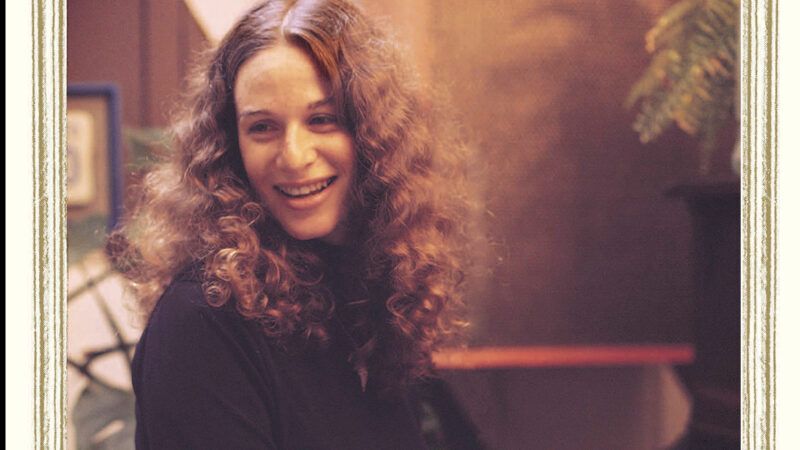Review: 'The Greatest Songwriter of All Time' Finally Gets a Biography
Carole King became one of the most influential musicians in the '60s, '70s, and beyond.

The Shirelles, an all-black girl group out of New Jersey, had just cracked the Top 40 in September 1960 and needed a follow-up hit. Don Kirshner, impresario of a songwriting factory in Manhattan's Brill Building, gave his teams the assignment. Within 24 hours, the husband-wife combo of composer Carole King and lyricist Gerry Goffin came up with "Will You Love Me Tomorrow."
Almost as impressively, King then "pulled another all-nighter, guided by a how-to library book, to write fifteen charts for guitar, bass, drums, strings, and percussion" for the song, writes Jane Eisner in Carole King: She Made the Earth Move. The resulting 45 rpm single skyrocketed to No. 1. King was all of 18 years old.
King, channeling teenaged romantic angst and young-adult ambivalence, was a ubiquitous composer for other pop and R&B artists in the '60s: "Up on the Roof" for the Drifters, "Pleasant Valley Sunday" for the Monkees, "(You Make Me Feel Like) A Natural Woman" for Aretha Franklin.
Having helped birth one musical era, she then became the most prominent avatar of another—the confessional singer/songwriter explosion of the early '70s, dominated by her 1971 classic Tapestry, which winningly turned pop into a more varied and personalized art form.
King is "the greatest songwriter of all time," Taylor Swift said while inducting her idol into the Rock & Roll Hall of Fame. And yet Eisner's is the first solely dedicated biography of this two-time trailblazer. May it not be the last.


Show Comments (15)